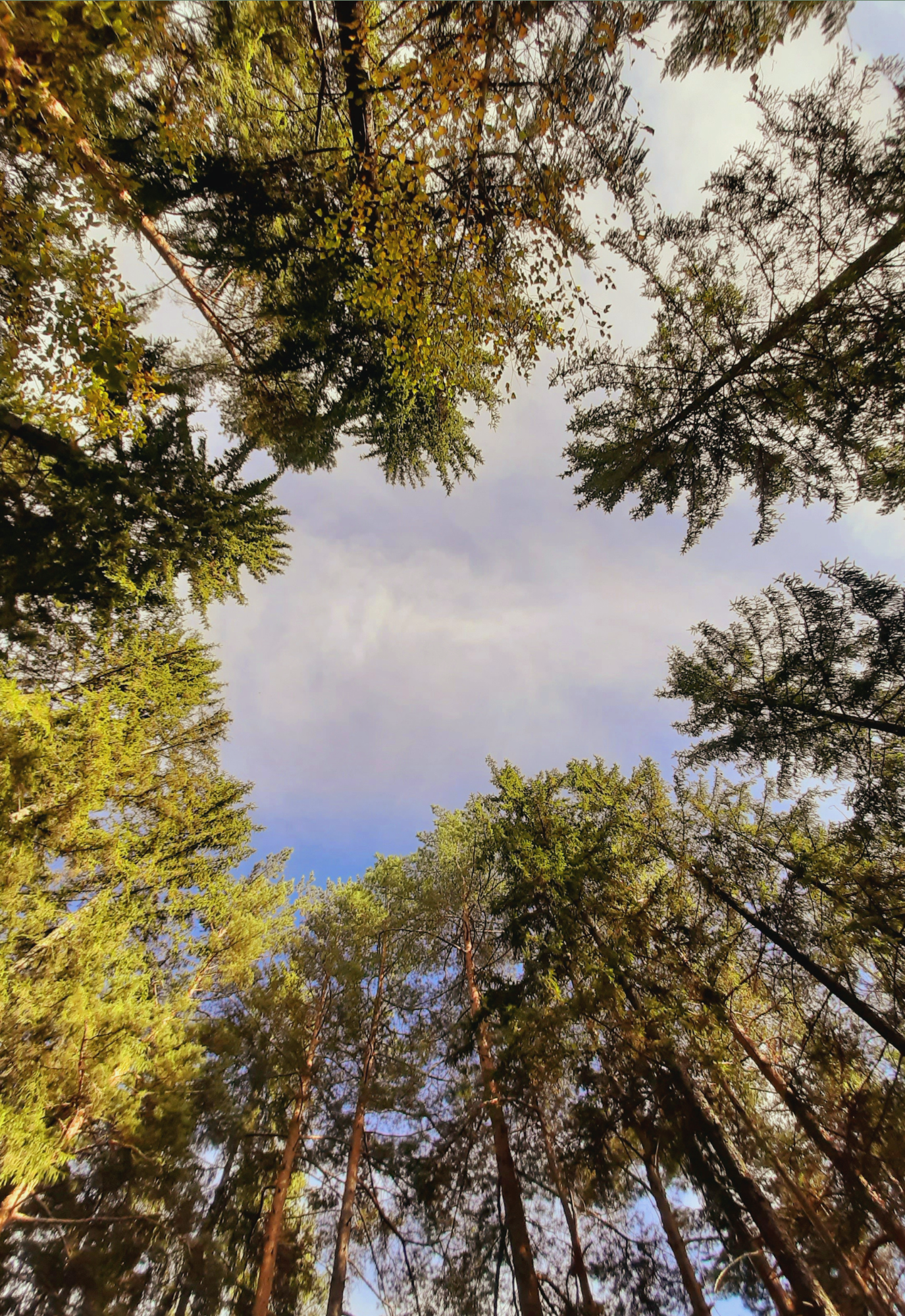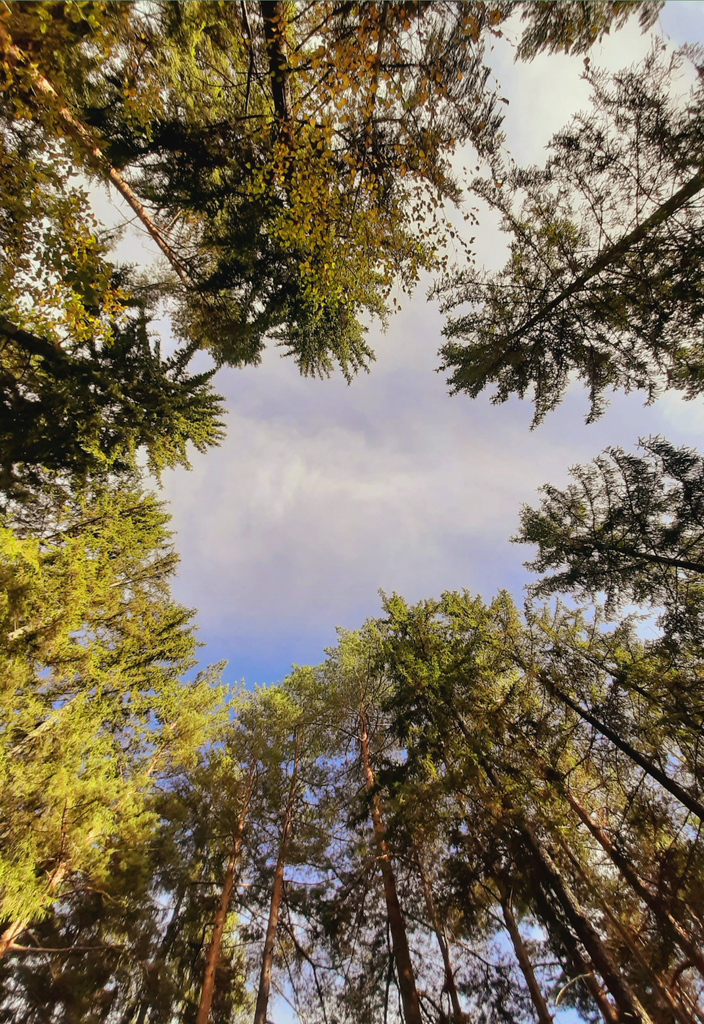Climate change brings with it the urgent challenge or how to adapt to extreme temperatures, extreme rainfall, extreme winds and wildfires. There are related challenges to supply chains, especially for natural resources that rely on a stable climate like food and timber.
We know that intact, old growth forests perform a range of important ecosystem services that mitigate these problems: they cool the earth, they are carbon sinks, they regulate and purify the water table, they are more resistant to fire than monocrop plantations. Most importantly of all, perhaps, trees harvest moisture from the air, seeding clouds and attracting rain. This last superpower of forests may well come to be the one we need the most as a warmer atmosphere holds onto its moisture up to three or four times longer than in the past.
The other thing we know is that ‘closed canopy’ or ‘close to nature forestry’ where single trees are harvested by hand rather than clear cut tracts powered by machines can extract comparable amounts of timber from a forest over the long haul and provide similar if not more revenue and jobs. Like similar forests managed by indigenous peoples the world over, the Menominee reservation (235,000 acres) in Wisconsin has been managed in a closed canopy way since 1854 and since then, with timber extracted every year, it has supported good jobs, timber and revenue that can be measured against two clear-cut cycles. In terms of social and economic value it wins hands down. The forest has 40% more standing timber than in 1854 and is a biodiverse, intact carbon sink. We can harvest timber without monocrop plantations that are carbon bombs and biodiversity disasters.
A monocrop spruce plantation is clear cut every 70 years. And each time it is clear cut – huge amounts of carbon is released. 90% of carbon in northern forests is in the ground – the soil and detritus of the forest. If Europe is to protect its remaining carbon stocks, let alone reach net zero, clear cut forestry should end.
At Black Mountains College we teach coppicing and sustainable forestry. For thousands of years, humans have been harvesting timber from intact forests. Clear-cut forestry is less than a hundred years old and is only possible on current scales because of machines. Sustainable forest management that respects ecological integrity supports more jobs.
In Treherbert, in Rhondda Cynon Taf, the community has taken over management of the skyline – the forest that has grown up on the former spoil heaps and which crowns the tops of the valley. They are asking questions about how to manage it in a responsible way for future generations. The answer seems to be closed canopy forestry. Once the existing spruce crop has been taken away, the best thing would be to leave it to regenerate naturally and then, slowly, harvest individual trees on a zoned basis as they do at Menominee, providing a steady supply of mixed timber to the local small sawmill that Welcome to Our Woods operate.
This could provide a model for all of Wales. Natural Resources Wales manage most woodlands in the country. Given what we know, and the urgency of maintaining carbon stocks and biodiversity, there is no excuse for any more monocrop planting. As the current clear-cuts are completed, the industry could be supported to transition to older, more durable and sustainable methods for the benefit of current and future generations: diverse forests with ecological integrity will be better able to weather the changes that are underway and thus better able to supply locally grown timber and to support all the species that rely on the ecosystem services forests provide – including humans.
By Ben Rawlence, CEO

More like this
The BMC Prospectus
Download the Black Mountains College prospectus for an overview of our courses, campuses, and vibrant student life
Visit us
Come along to one of our Discovery Days or Campus Tours to explore our campuses and meet your tutors

